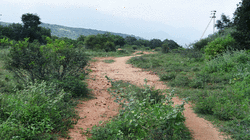 Foothills of Western Ghats at Rajapalayam
Foothills of Western Ghats at Rajapalayam Few days ago, the Ministry of Environment & Forests, banned mining, quarrying, major construction, and setting up of certain types of industries in and around about 37% of Western Ghats, the mountain ranges that are identified as the hottest ecological hot spots by UNESCO. This is good news for people especially of Karnataka, Kerala, and Tamil Nadu, whose health and wellbeing depend largely on the bio-diversity of Western Ghats.
Not just Western Ghats, in general, the territories of south Indian States like Tamil Nadu are rich in biodiversity. Western Ghats accounts for just about 5% of India’s land, but it is home for over 5,000 species (or about 30%) of high plants in the country.
In urban areas, people intensively plant trees in small areas. This phenomenon is came to be known as “square foot gardening”. The idea is to grow more in less space. It can be said that when God tried His hands in square foot gardening, he chose Tamil Nadu, because, terrestrial biodiversity, the degree of genetic, species and ecosystem variations, tends to be the highest in this region, even among the south Indian States. One of the indicators of Tamil Nadu’s rich herbal treasure is the traditional knowledge of people about herbs, and their contribution to India’s traditional medicinal systems including Siddha and Ayurveda.
One of the indicators of Tamil’s knowledge of herbs and Tamil Nadu’s herbal treasure is the fact that Tamil language has more words for herbs than any other language in India or the world. (Among over 1,22,000 vernacular names for herbs listed by this online database, Hindi, Kannada and Telugu put together account for about 42,000 herbs. Sanskrit itself has only about 20,000 words. However, Tamil alone accounts for over 41,700 vernacular words.)
Not just Western Ghats, in general, the territories of south Indian States like Tamil Nadu are rich in biodiversity. Western Ghats accounts for just about 5% of India’s land, but it is home for over 5,000 species (or about 30%) of high plants in the country.
In urban areas, people intensively plant trees in small areas. This phenomenon is came to be known as “square foot gardening”. The idea is to grow more in less space. It can be said that when God tried His hands in square foot gardening, he chose Tamil Nadu, because, terrestrial biodiversity, the degree of genetic, species and ecosystem variations, tends to be the highest in this region, even among the south Indian States. One of the indicators of Tamil Nadu’s rich herbal treasure is the traditional knowledge of people about herbs, and their contribution to India’s traditional medicinal systems including Siddha and Ayurveda.
One of the indicators of Tamil’s knowledge of herbs and Tamil Nadu’s herbal treasure is the fact that Tamil language has more words for herbs than any other language in India or the world. (Among over 1,22,000 vernacular names for herbs listed by this online database, Hindi, Kannada and Telugu put together account for about 42,000 herbs. Sanskrit itself has only about 20,000 words. However, Tamil alone accounts for over 41,700 vernacular words.)
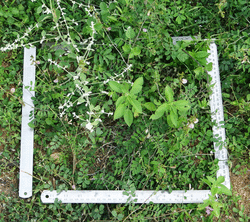 "God's own square foot garden" at Aravindh
"God's own square foot garden" at Aravindh If you happen to be in Tamil Nadu, all you have to do is take a walk in a barren land and pay close attention to the ground, you could find a rich variety of plant species even within small areas. Our own factory and office is located in the foothills of Western Ghats, at Rajapalayam, surrounded by large swathes of barren, uncultivated lands.
As shown in the photograph, one square foot of land has about eight different plant species including plants with rich medicinal value, including Kolunji, Perkannuppullu, Pal perukki, and Kurunthotti.
It is our duty to conserve our biodiversity and see to it that it is protected from narrow economic interests.
As shown in the photograph, one square foot of land has about eight different plant species including plants with rich medicinal value, including Kolunji, Perkannuppullu, Pal perukki, and Kurunthotti.
It is our duty to conserve our biodiversity and see to it that it is protected from narrow economic interests.

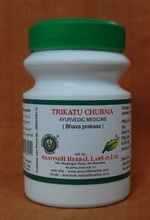
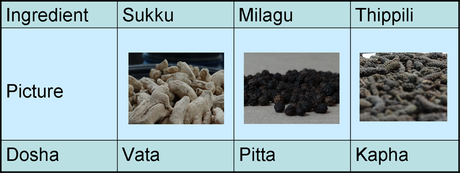


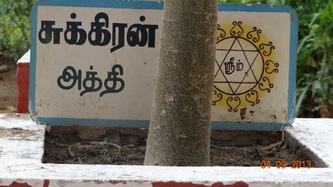
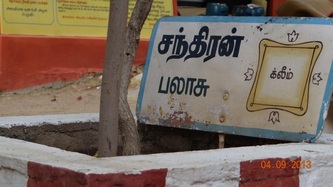
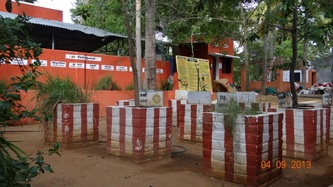
 RSS Feed
RSS Feed
